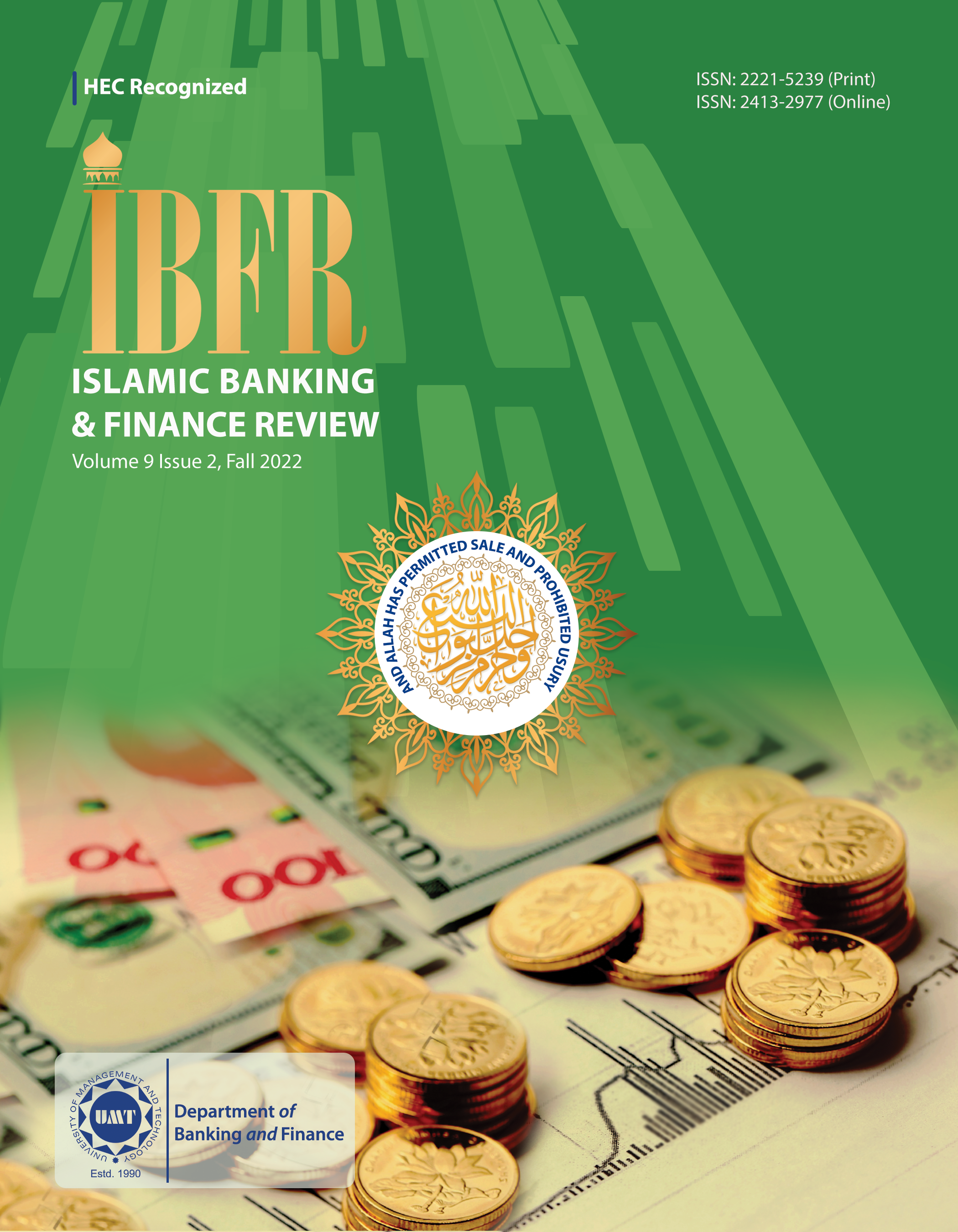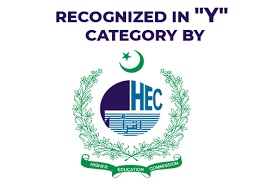Zakat's Potential to Increase Intellectual Capacity: Affirmative Actions in Indonesia
Abstract
 Abstract Views: 46
Abstract Views: 46
Knowing the potential of zakat, the programs to utilize zakat potential and in increasing literacy in Indonesia is the main objective of this research. Interviewing informants which was purposively determined regarded as the primary data source. The secondary data obtained through analysing annual report documents, official reports, press releases, and the National Amil Zakat Agency (BAZNAS) website. Data analysed through the coding process and classification based on research objectives. The research finding shows the potential of zakat collected at BAZNAS worth Rp. 233, 8 trillion, which sourced from various zakat objects; zakat income of Rp. 139, 07T, zakat of money Rp. 58.76 T, zakat of agriculture Rp.19.79 T, zakat of staple food Rp.13.95T and plantation Rp.5.84 T and Zakat of livestock Rp.9.51T. Zakat has excellent potential in realizing the Syariah maqasid, li hifdz al aql. The utilization of zakat is carried out in a structured way through the BAZNAS Scholarship Institution (LBB) due to the Decree of the Chairperson of BAZNAS No. 12 of 2018. The decree's primary purposes are to ensure the continuity of educational programs for the poor, intergenerational accountability, and prepare the next generation of the nation with a depth of knowledge and nobility. The government has launched various forms of scholarship programs for Bachelor, Magister, and Doctoral level students. Research assistance with specific topics of Zakat; The Thousand Ulama Cadre Scholarship (KSU); and the Post-Disaster Education are program constructed by the zakat managers to realize that: a). Mustahik gets their fundamental rights to decent and quality education; b). Zakat supports the realization of the objectives of sharia and the mandate of the 1945 constitution to prepare a generation of noble, faithful and devoted to God and have life skills; c). increased self-awareness of change and better preparation for the future; d) integrative development of hard and soft skills, mind and heart; e) development of implicit and explicit knowledge through forums for inspiring figures, science assemblies and other intellectual stimulation programs.
Downloads
References
Arsyad, A. (2018). Building Inner Capacitiy. Alauddin State Islamic University.
Azam, M. S. E., Abdulaziz, E., Zafarzai, F., Adem, M., & Mohamed. (2017). CSR Activities and Zakat Obligations by Islamic Banks in Malaysia.
Azmi, S. (2002). Islamic Economics. Goodwork Books.
BAZNAS. (2018). No Title.
BAZNAS. (2019a). Impact of Zakat on Mustahik’s Welfare in Java province.
BAZNAS. (2019b). Indicator of Zakat Potential Mapping.
BAZNAS. (2020). Laporan Hasil Survey Indeks Literasi Zakat.
Cohn, E., & Geske, T. G. (1990). The Economic of Education (Third Edit). Pergamo Press.
Creswell, J. W. (2014). Research Design. SAGE Publication, Inc.
Deliarnov. (1997). Development of Economic Thought. Gramedia.
Djamil, F. (1997). Philosophy of Islamic Law. Logos of Science Discourse.
Hassan, K. (2018). Islamic finance in sustaining the SDGs.
Ibrahim, F., & Ghazali, R. (2014). Zakat as an Islamic Miro-Financing Mechanism to Productive Zakat Recipients. Asian Economic and Finance Review, 4(1), 117–125.
Khanifa, N. K. (2018). Penguatan Peran Ziswaf dalam Menyongsong Era SDGs Kajian Filantropi BMT Tamzis Wonosobo. Cakrawala: Jurnal Studi Islam, 13(2), 149–168. https://doi.org/doi:https://doi.org/10.31603/cakrawala.v13i2.2329
Maksum, M. (2018). Fikih Zakat on SDGs.
Miles, & Huberman. (1994). Qualitative Data Analysis (Second Edi). Sage Publication International Educational and Professional Publisher.
Muhtada. (2014). Islamic Philanthropy and the Third Sector: The Portrait of Zakat Organization in Indonesia. Indonesian Islamika, 1(1), 106–123.
Najetullah, S. M. (1991). The Economic Enterprise in Islam. Islam Publications Ltd.
Papows, J. (2000). Enterprise, Market Leadership in the Information Age. Nicolas Brealey.
Putriana, V. T. (2018). Zakat Payers Influencing Factors’ Preference in Discharging Zakat Obligations: An Explorative Study. Maqdis: Journal of Islamic Economic Studies, 3(2), 231–245.
Qardhawi, Y. (2015). Zakat Spectrum in Building a People’s Economy (Terj. Sari). Zikrul Intellectual Media.
Rasyuni, A. (2005). As Syatibi’s Theory of Higher Objectives and Intents of Islamic Law. The International Institute of Islamic Thought.
Retsikas, K. (2014). Reconceptualizing Zakat in Indonesia: a Worship, Philanthropy, and Rights. Indonesia and Malaya World, 42(124), 337–357. https://doi.org/doi.org/10.1080/13639811.2014.951519
Riyanto, M. W. F. (2017). Da’wah Wisdom, Restore the Lost Nature. DPP Jam’iyyatul Islamiyah.
Said, M. (2019). Strengthening the Potential and Management of Zakat Organizations in realizing the Sustainable Development Goals in Indonesia.
Sakinah, K., & Nursalikah, A. (2018). BAZNAS Education Program Empowers 24 Thousand Mustahik. http: republika.co.id
Salladien. (2004). Qualitative Research Design. Qualitative Methodology. Lemlit. UM.
Syarif. (2013). The Beings behind the Text: Wisdom Approach in the Qur’anic Study. Mumtaz Publishing.
Zohar, Danah, & Marshal, I. (2004). ). Spiritual Capital provides SQ in the Business World. Mizan.
Copyright (c) 2022 Wahyu Wastuti Suwasdi, Muhammad Said

This work is licensed under a Creative Commons Attribution 4.0 International License.
Authors retain copyright and grant the journal right of first publication with the work simultaneously licensed under a Creative Commons Attribution (CC-BY) 4.0 License that allows others to share the work with an acknowledgement of the work’s authorship and initial publication in this journal.












